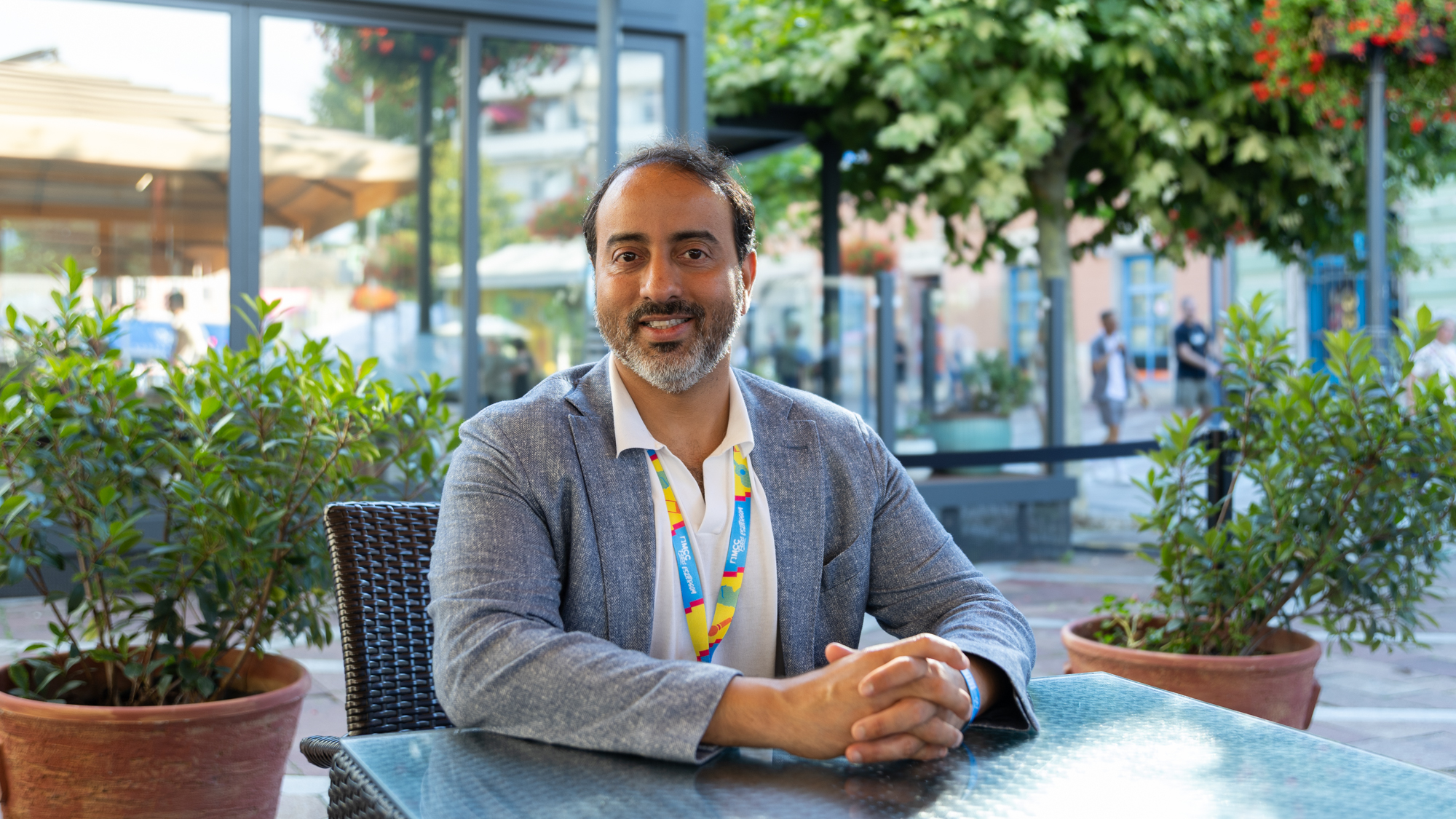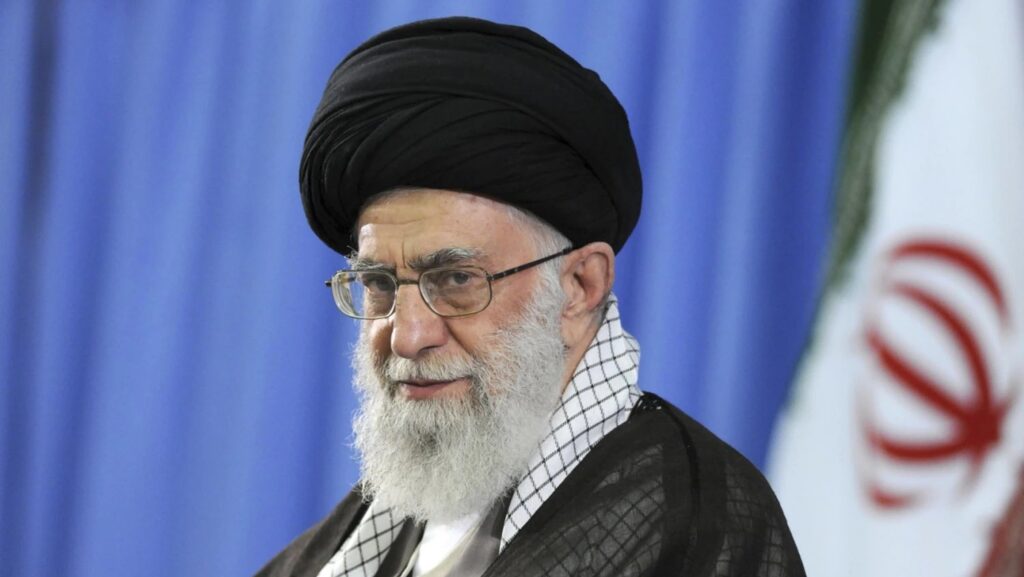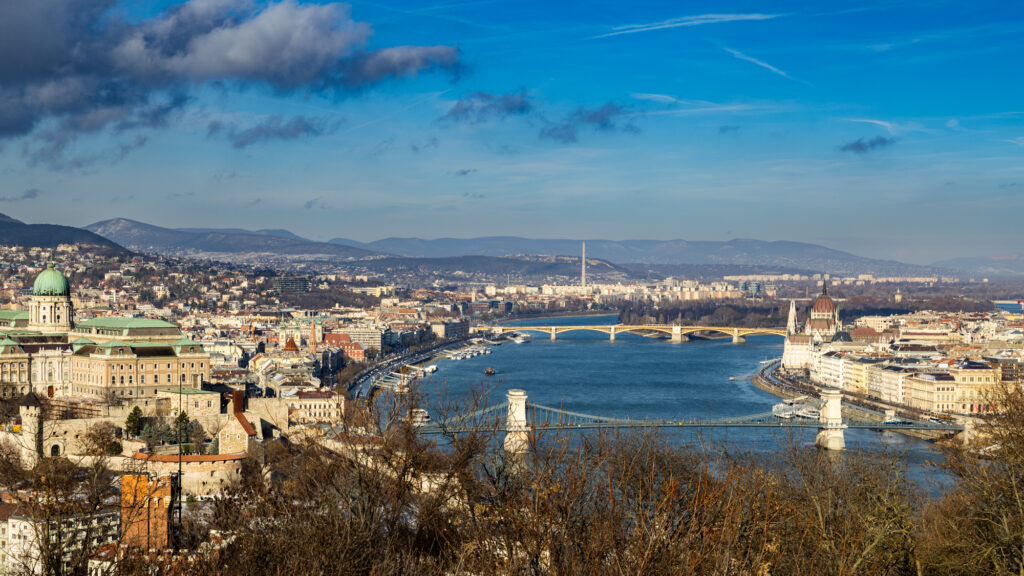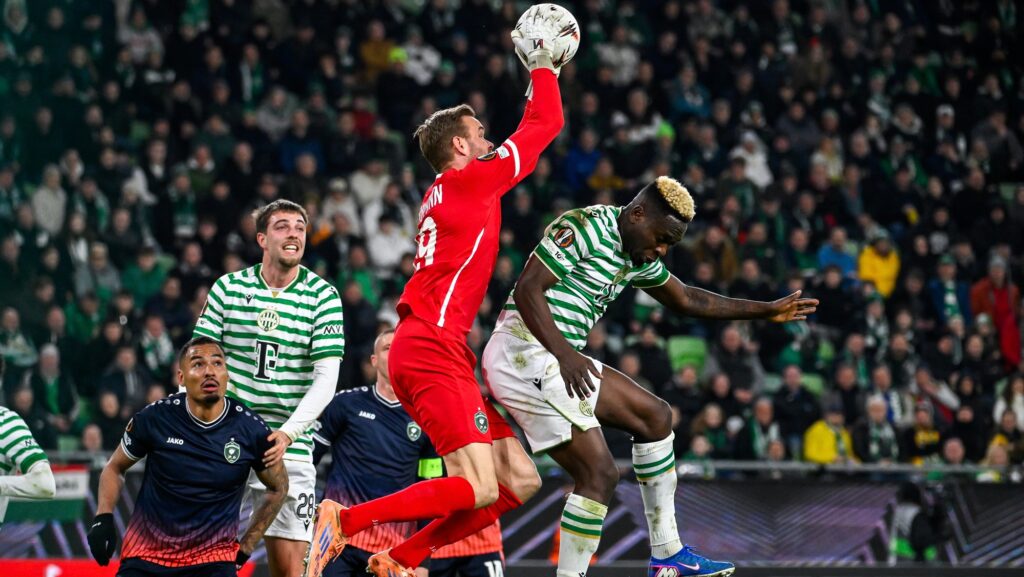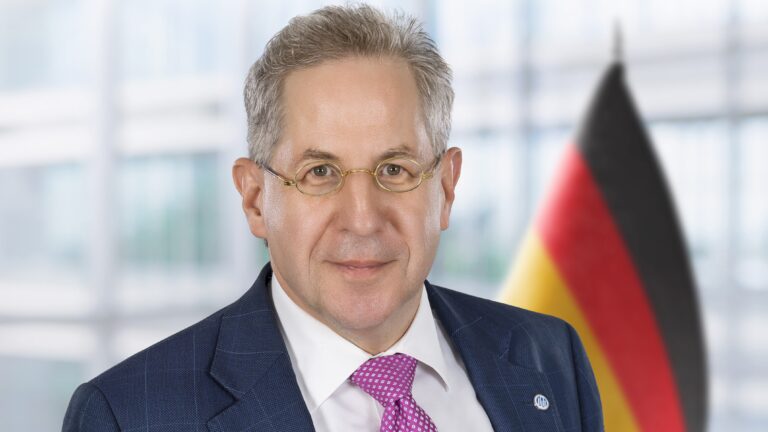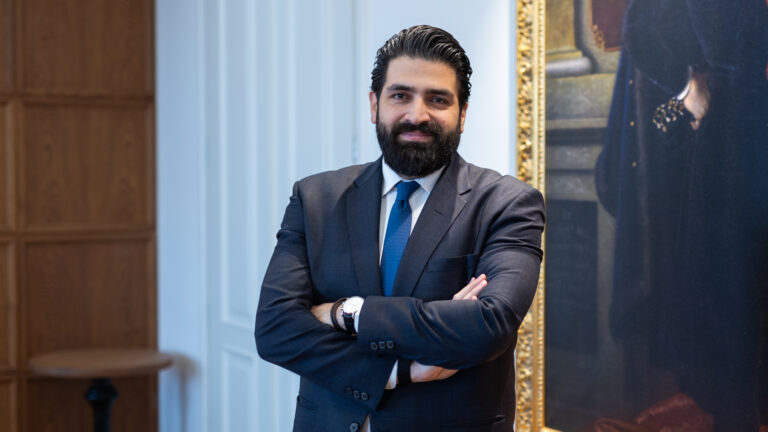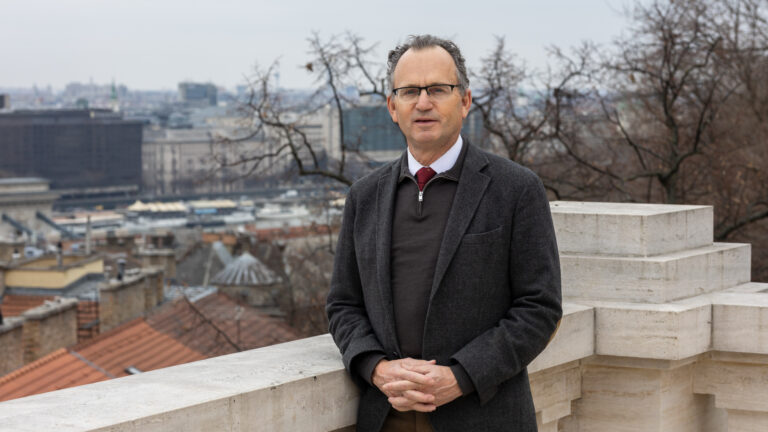Hamad Al-Kaabi is the CEO of the Aletihad News Centre under the Abu Dhabi Media Network. A prominent voice in the Gulf region’s media landscape, Al-Kaabi has long been involved in shaping public discourse around international diplomacy, strategic investment, and technological development. During the fifth MCC Feszt in Esztergom, organized by Mathias Corvinus Collegium, Al-Kaabi shared his insights with Hungarian Conservative on the deepening bilateral ties between Hungary and the UAE, the growing role of artificial intelligence in their cooperation, the resilience of these partnerships amid political change, and the importance of media in building mutual understanding.
***
President of the United Arab Emirates Sheikh Mohamed bin Zayed has recently visited Hungary for the first time since diplomatic relations were established between the two countries. As far as I know, you were closely involved, including interviewing Hungarian Minister of Foreign Affairs and Trade Péter Szijjártó on the matter. How far do you think this partnership between Hungary and the United Arab Emirates could go?
Yes, I closely followed the very important visit by His Highness Sheikh Mohamed bin Zayed. During the visit, the President mentioned that it had been 35 years since the establishment of relations, and he even apologized for not visiting Hungary during that time. This shows a keen interest by the leadership in intensifying and enhancing ties with Hungary on multiple levels. Our leadership is very committed to building stronger relations with Hungary. Several agreements were signed during the visit, and all of them will have a direct impact on everyday Hungarians. This is what really matters—whether it’s in energy, renewable energy, food security, or other areas. These agreements are meant to benefit the public directly. Because of our good intentions and good relationship with the EU, I believe the ties between Hungary and the UAE are growing steadily and moving in the right direction. I also heard something today from our ambassador in Budapest that I found very striking: he said if we were to relocate Hungary geographically to the Middle East, it would be the closest country to the UAE in terms of values, shared concepts, and worldview. And if we moved the UAE to Europe, it would be closest to Hungary. That really highlights the mutual understanding and affinity between our two nations. All of this points to a relationship that is bound to grow even stronger and expand across different sectors—something people will certainly feel in their daily lives.
Artificial intelligence has become a key area of investment and cooperation between Hungary and the United Arab Emirates— a technology already shaping and transforming our everyday lives. Could you provide more details about the nature and scope of this AI-related partnership?
Certainly. As you may know, the UAE has heavily invested in AI and signed several international agreements with leading global players in the sector. Today, the UAE is a front-runner in integrating AI across multiple fields—healthcare, renewable energy, food security, public services, and data protection. We are deploying AI for the greater good of humanity. This agreement with Hungary aims to enhance collaboration in these areas, including education, healthcare, cybersecurity, and energy. Our objective is to provide better services and outcomes for the public through AI integration. What’s particularly valuable about this agreement is that it grants Hungarian companies access to key players in the UAE’s AI ecosystem. That can lead to closer cooperation, new business opportunities, and possibly additional agreements in the future.
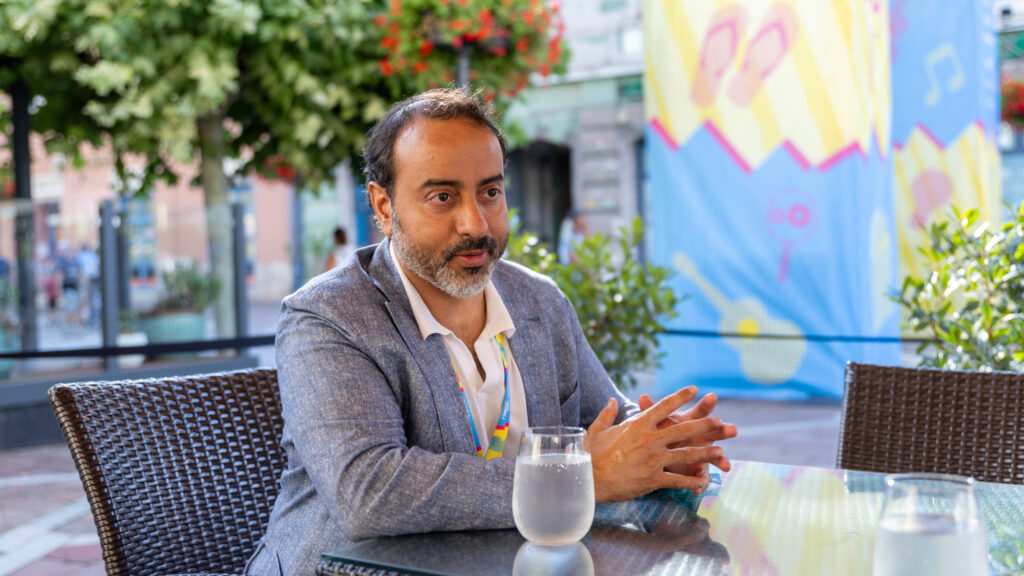
Investment and partnership in these areas require long-term strategic thinking and stable political will from both parties. Do you expect this cooperation to endure in the event of, for example, a change in Hungarian leadership—particularly if a future government is less open to Eastern partnerships?
Our partnerships are designed to be long-term and not dependent on who is in charge politically. That is the model the UAE follows globally. We form partnerships for the development and prosperity of our partner countries, aiming to benefit their people directly. So whether the political leadership in Hungary changes or not, the UAE will remain committed to its relationship with the country. Our focus is on development, not politics. We are offering access and placing our capabilities at Hungary’s disposal—just as we do with other partners—because we believe in the humanitarian aspect of cooperation.
‘If we were to relocate Hungary…to the Middle East, it would be the closest country to the UAE in terms of values’
Just to give you an example, there are now discussions about launching direct flights from Abu Dhabi to Budapest via Etihad Airways. If the government changes, will the airline stop flying? No—because this partnership is here to stay. That example shows how our cooperation is rooted in long-term strategic thinking and mutual benefit.
As CEO of Aletihad News Centre-Abu Dhabi Media Network, you have valuable insight into the country’s media landscape and public discourse. How is Hungary portrayed in the Emirati media? What is the general perception of the country among the public?
I would say that the Hungarian personality and character are very well understood by Emiratis, thanks to frequent visits, tourism, and cultural exchange. I believe the same is true in the other direction as well. This close understanding of Hungarian culture and history is important. However, I do think there is a need for more media presence. Media can play a crucial role in strengthening mutual understanding, increasing the scope of partnerships, and multiplying the impact. Our participation in this important event—the MCC Festival—is a step in the right direction. There were discussions, exchanges, and I met several media leaders from Hungary and the region. These kinds of interactions are essential. Media builds bridges and deepens relationships. By being here and experiencing Hungarian culture first-hand, we will go home and reflect that in our own coverage. And that will contribute to strengthening this partnership even further.
Read more of our MCC Feszt interviews:

